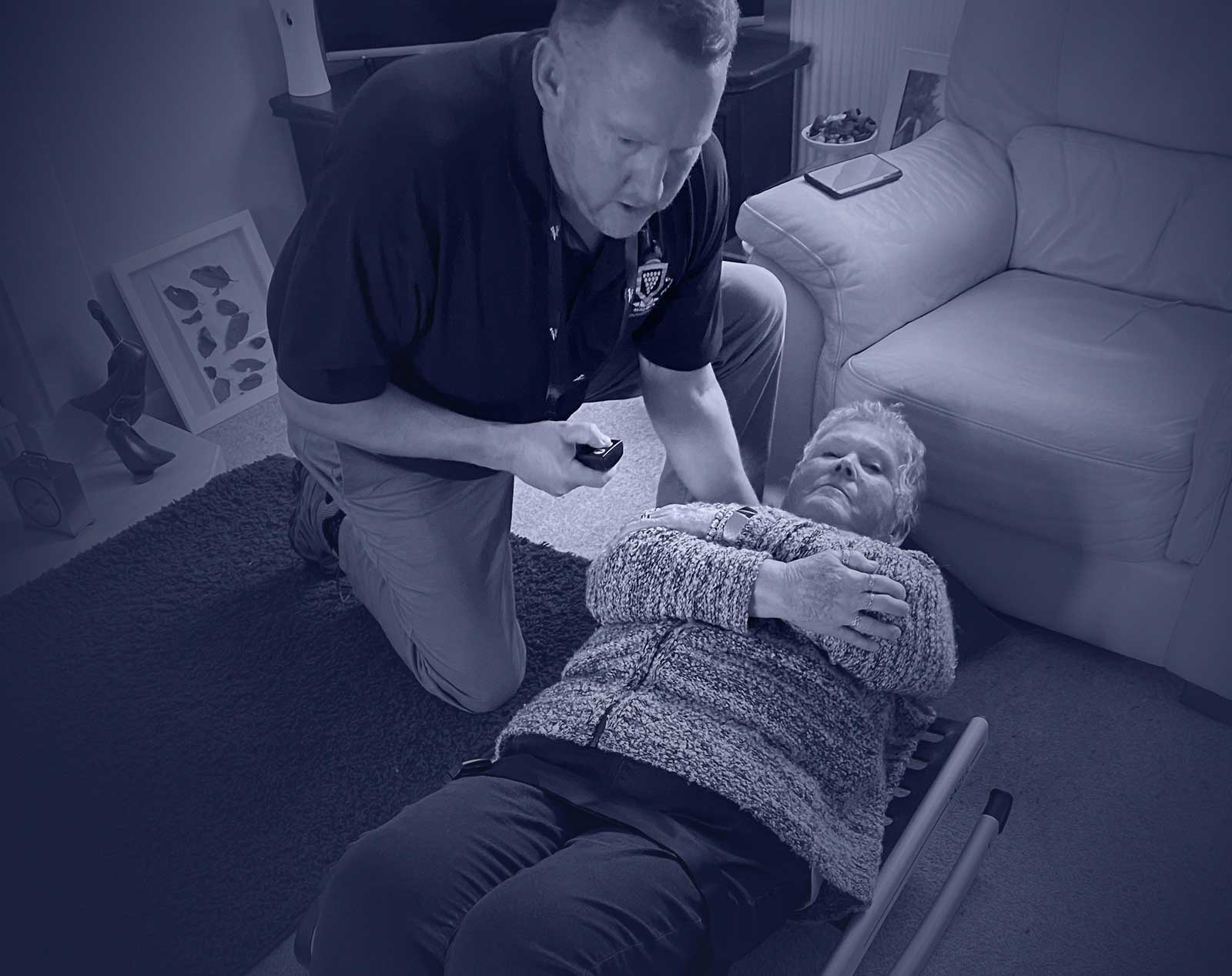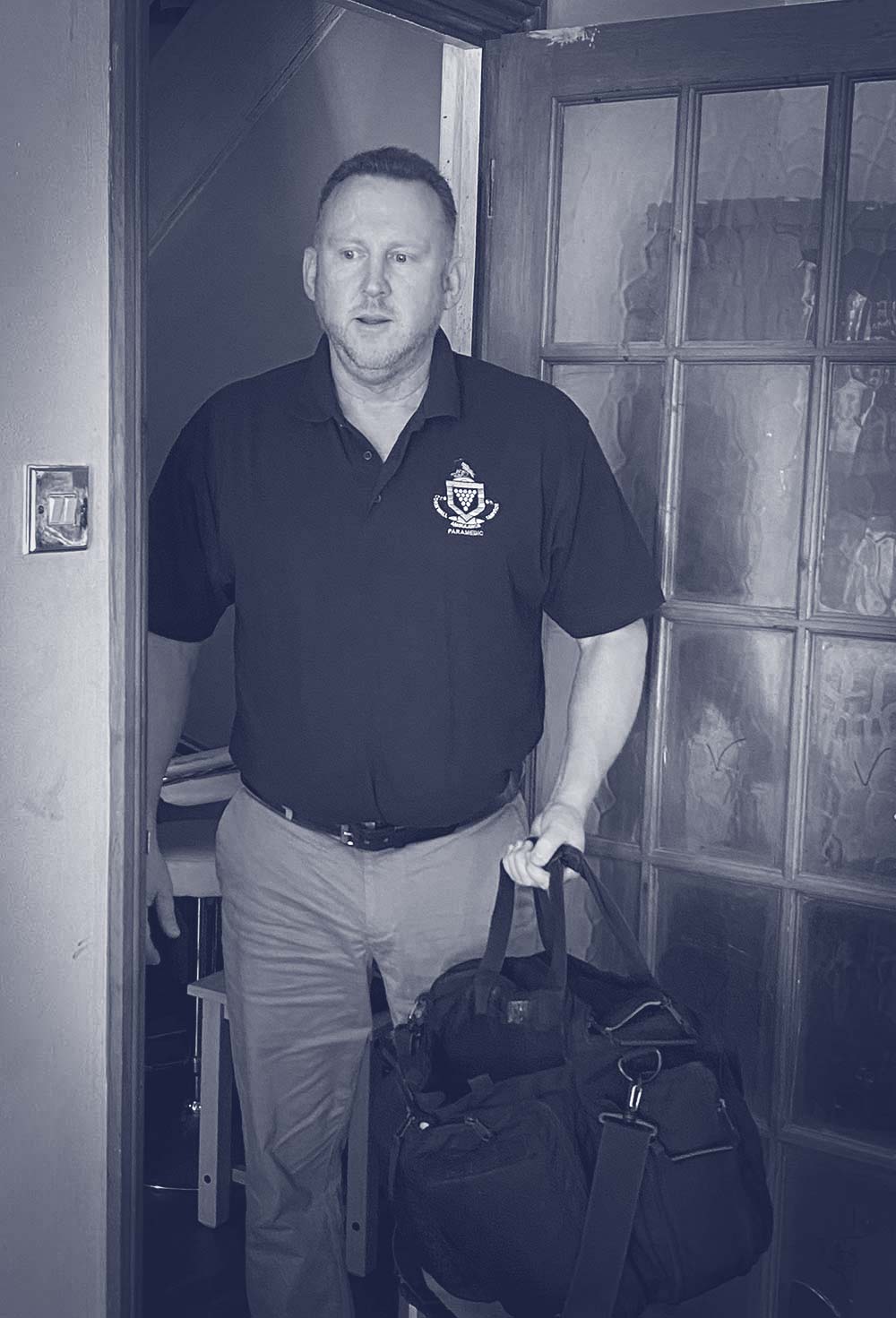Falls represents the most serious and frequent type of accident for people in this age group. Preventative programmes, including community lead balance and stability groups are a vital and important function within a falls prevention strategic approach.
Timely response to someone who has fallen is often the critical step which determines the longer term prospects and outcome for that person. 10% of ambulance call outs are to respond to falls, many of them non injurious, but to respond to the frailer person who is simply unable to get up unaided and has no one to help them.
Of all of the attendances, it is nationally estimated that 25% did not require an emergency paramedic response. Most emergency ambulance services have updated their clinical protocols to ensure full assessment is taken in the context of patients who have experienced a long lie, and often these patients will be conveyed to hospital for further investigations and tests; not because they injured themselves falling, but because they were on the floor for so long. With increasing pressures on the emergency ambulance service, the requirement for a dedicated service looking after the urgent care needs of people in Cornwall has never been more important. What happens in the initial hours following the fall is a critical part of the pathway which this service seeks to resolve.
A proportion of these conveyances would have been prevented had a response been available earlier.


